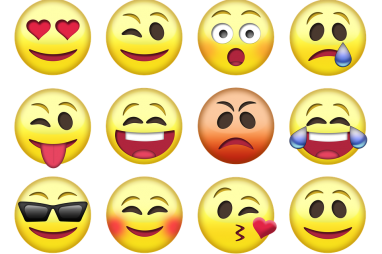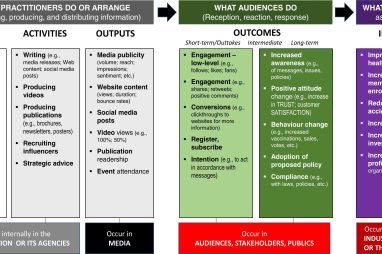My doctoral diary: the final year
There is a mixture of emotions in the final year. I have developed an emotional attachment to my thesis because it enthuses me but likewise there is thesis fatigue.
For me, the key learning has been to reflexively challenge my views on reflexivity.
Although the Doctor of Philosophy (PhD) is a philosophical degree by definition, unfortunately I have noticed that philosophy is becoming a side issue.
Project management is a major challenge for PhD students and is linked to academic wellbeing, I find. Either you run the thesis, or the thesis runs you.



